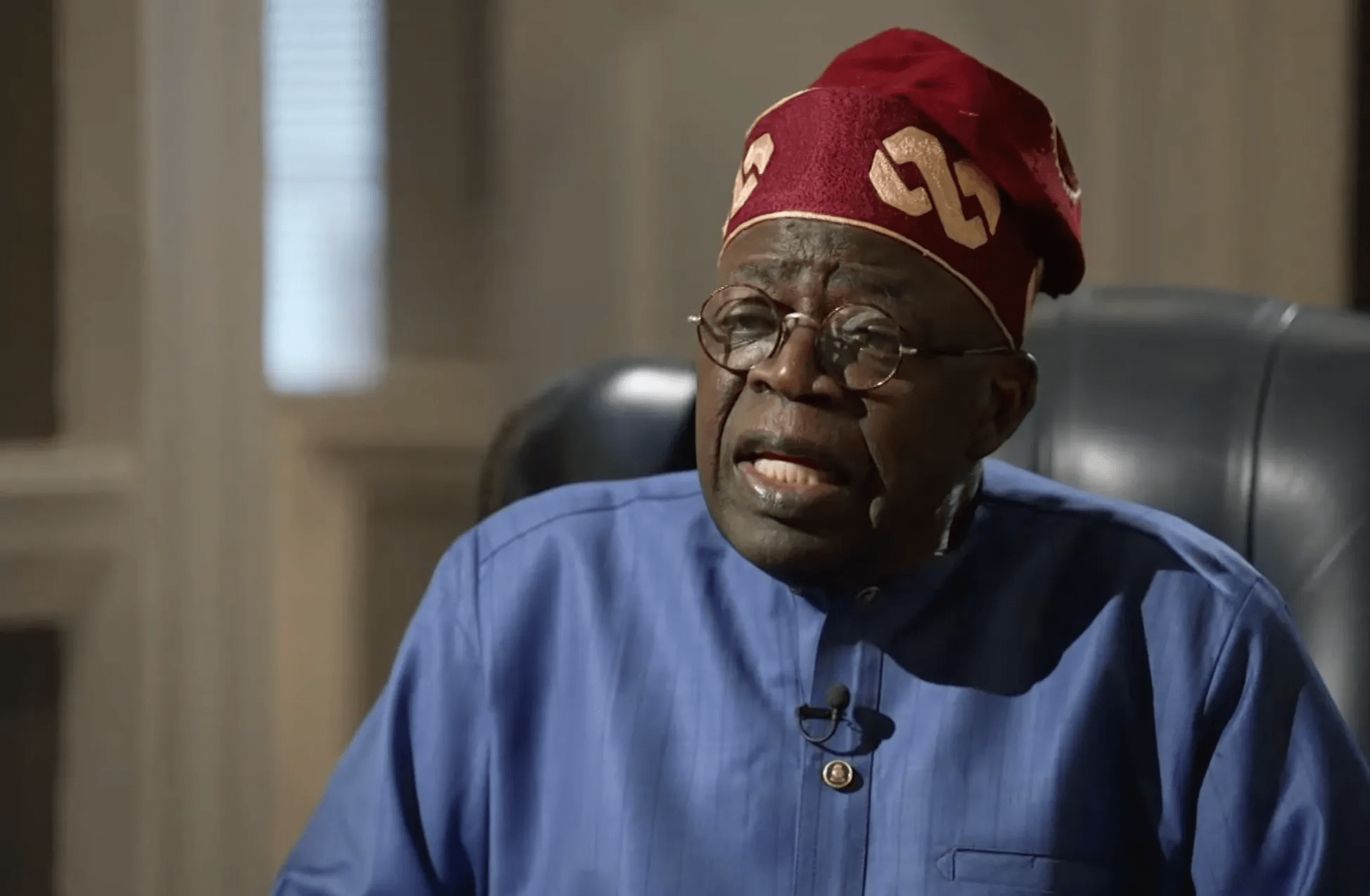
The President said this on Thursday in Abuja at the public presentation of the autobiography of the elder statesman, Edwin Clark.
Represented by the Secretary to the Government of the Federation, George Akume, Tinubu urged Nigerians to be patient saying the palliatives being rolled out by the Federal Government would soon cushion the effects of the hardship being felt by Nigerians nationwide.
He said, “Solutions to problems can never be as instant as coffee. But we must certainly be there. I know the removal of fuel subsidy has created some things. And that is why palliatives are being put in place of 100 trucks. Fertilizers have been sent to the states, 100 trucks of grains have been sent and more are coming. Buses are also coming. We can endure this for a moment. What we are going through today is for a better tomorrow. Nations are great because citizens have hope. They have hope that tomorrow will be better than today.”
In what appeared a commendation for Tinubu over his recent ministerial appointments, Akume said settling for Dave Umahi as Minister for Works was an indication that the President is a rewarder of those who work diligently in service to their people.
“Umahi did very well as governor and he is today the Minister of Works. I think we can say that this is a step in the right direction,” he said.
Meanwhile former Head of State, Yakubu Gowon, and ex-President Goodluck Jonathan were some of the eminent Nigerians who spoke in glowing terms about Clark at the book event.
The book titled, “Brutally Frank’ chronicled the journey of Clark as a classroom teacher, commissioner, minister, and national activist spanning over seven decades.
Gowon who chaired the occasion in his welcome address described the author as a foremost Nigerian who has done his part in the growth and advancement of the Nigerian State
On how Clark became Minister of Information in the then military government, Gowon noted that a perfect replacement was needed for Anthony Enahoro at the time, saying, “The need to fill in the void created by Enahoro’s exit was what gave Clark the job of minister in the government which I headed. He became my confidant and the voice of the government, fearlessly defending the government and projecting its image. I found comfort in always discussing government and other issues with Clark most amicably. However, considering his strong personality, there were times that he would vehemently disagree with his colleagues commissioners, and military officers and worked hard to convince them why his own position is better than theirs and any other.
“He was helpful not only in explaining government policies and programmes but also in the effort to rebuild our unity in the country. I also found him useful in our vision of building a common identity within the West Africa sub-region. I, therefore, found his personality and persuasive skill an asset in visiting various West African countries to canvass the need for us to have a common sub-regional body which today is known as the Economic Community of West African States.”
The former Head of State described the book as “A very useful chronicle of what had transpired in Nigeria during his (Clark’s) lifetime of service. I am hopeful that the younger generations will be better informed on our experiences which have brought the country to what it is today, on which our President, Bola Ahmed Tinubu represents the centre of our common aspirations of peace, unity, and progress.”
Also speaking, Jonathan described Clark as one of those Nigerians whose record of service is worthy of emulation by the citizens, particularly the younger ones.
“Chief Clark is one of those few Nigerians whose names should be written in letters of gold. I say this not because he is my father. This book is a collection of history that will act as a useful guide to young people,” he said.
Speaking on behalf of governors elected on the platform of the Peoples Democratic Party, the Chairman of the PDP Governors’ Forum and Governor of Bauchi State, labelled Clark a mentor to everyone: “A man and leader who has nothing against anyone.”
On his part, Senate President Godswill Akpabio represented by the Minister of Works, Dave Umahi, called on leaders to emulate the elder statesmen, stating that his devotion to the cause of justice was what stands him out from the pack.
Former Edo State Governor, Oserheimen Osunbor who reviewed the 28-chapter book commended Clark for his rich memory but not without pointing out some flaws ranging from factual errors to wrong spellings.
He said, “At times, the language is intemperate such as using the word ‘stupid on page 359. This is obviously in anger but not appropriate in a book. The most serious shortcoming is the author’s copious reproduction, reference to, and reliance on the statements and opinions of other people many of which may be unreliable and unverifiable.
“An example of this is on page 559 where he quotes in extenso excerpts from Mallam El-Rufai’s book “The Accidental Public Servant. In the relevant portion, the author refers to a discussion at Aso Villa between President Olusegun Obasanjo, Senate President Ken Nnamani, and others as they mulled the idea of stopping live television broadcasts of the Senate debate of the Third Term. Chief Tony Anenih is quoted to have said that he will get Professor Osunbor to move the motion.”
Clark was quoted as follows, “The following day, we learnt that Professor Osunbor went to the clerk of the Senate and asked that a motion be raised of urgent national importance, with no topic. This allowed – any senator can move to table a motion of urgent national importance” with no further detail. The clerk put the motion in the order paper. On the appointed day, Professor Osunbor fell miraculously ill and had to be admitted to the hospital, so there was nobody to raise the motion”.
According to Osunbor, “This is pure fiction and fallacious. First, it is the prerogative of the President of the Senate to decide whether to allow a motion of urgent national importance and if satisfied, will direct the Chairman of the Senate Committee on Rules and Business to put it on the Order Paper.
“The Clerk of the Senate has nothing to do with it. At any rate, a motion on the modality of Senate debate will be a matter of privilege which can be raised by any Senator without notice at any time and once the relevant Order has been invoked, it cannot be refused and must be allowed by the Senate President, much less the Clerk of Senate.
“At no time have I fallen miraculously ill and from 1999 when I entered Senate till date, I have never been admitted to any hospital. Importing such falsehoods into a book diminishes its quality.”











